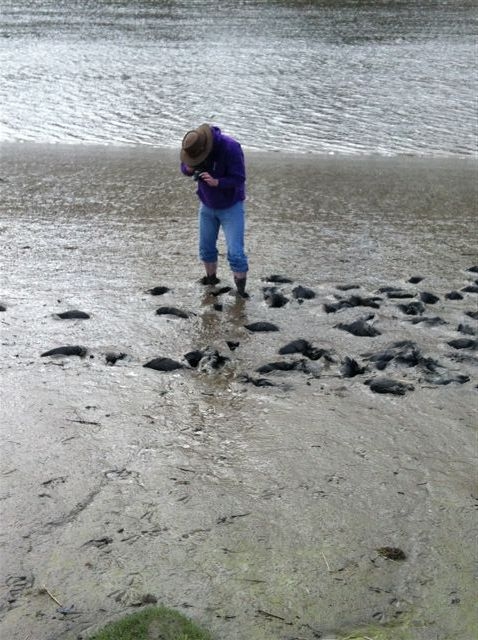 The news is out today: NERC is considering the introduction of sanctions in a bid to boost low success rates for responsive-mode grants.
The news is out today: NERC is considering the introduction of sanctions in a bid to boost low success rates for responsive-mode grants.
NERC will continue to strongly encourage self-regulation for universities. But, current measures for reducing demand, such as limiting re-submissions, is not raising success rates as hoped. Success rates are currently running at 16 per cent for recent standard grant proposals.
New measures may include:
- NERC identifitying institutions with a high number or proportion of unsuccessful submissions, meeting with them and setting targets
- Sanctions to research organisations if they fail to reduce the number of uncompetitive proposals to agreed targets and timescales
- Organisations to nominate a ‘designated first point of contact’ for demand management.
NERC says: The overall aim of introducing these measures is to increase success rates in NERC responsive mode schemes year on year for several years. This is likely to be a gradual process, but initial progress is expected to be achieved within two years
How to make sure your application stands the best chance of being funded:
If you are submitting a bid to NERC (or any other funder for that matter) you are strongly encouraged to work with Caroline O’Kane through BU’s internal peer review scheme (Research Proposal Review Service – RPRS).
You can also check the Blog on a regular basis to see what proposal writing sessions are running at BU. They are always excellent and well received. The more people we know about who are planning on submitting a proposal to a funder the better – then we can develop some tailored support to enhance your chances of success.
Click here to read more about NERC and Demand Management
Click here to learn more our series of blog posts on Demand Management
 Congratulations to Prof Matthew Bennett and Prof Rudy Gozlan who have both been appointed as reviewers to NERC.
Congratulations to Prof Matthew Bennett and Prof Rudy Gozlan who have both been appointed as reviewers to NERC.














 SPROUT: From Sustainable Research to Sustainable Research Lives
SPROUT: From Sustainable Research to Sustainable Research Lives BRIAN upgrade and new look
BRIAN upgrade and new look Seeing the fruits of your labour in Bangladesh
Seeing the fruits of your labour in Bangladesh Exploring Embodied Research: Body Map Storytelling Workshop & Research Seminar
Exploring Embodied Research: Body Map Storytelling Workshop & Research Seminar Marking a Milestone: The Swash Channel Wreck Book Launch
Marking a Milestone: The Swash Channel Wreck Book Launch ECR Funding Open Call: Research Culture & Community Grant – Application Deadline Friday 12 December
ECR Funding Open Call: Research Culture & Community Grant – Application Deadline Friday 12 December MSCA Postdoctoral Fellowships 2025 Call
MSCA Postdoctoral Fellowships 2025 Call ERC Advanced Grant 2025 Webinar
ERC Advanced Grant 2025 Webinar Update on UKRO services
Update on UKRO services European research project exploring use of ‘virtual twins’ to better manage metabolic associated fatty liver disease
European research project exploring use of ‘virtual twins’ to better manage metabolic associated fatty liver disease